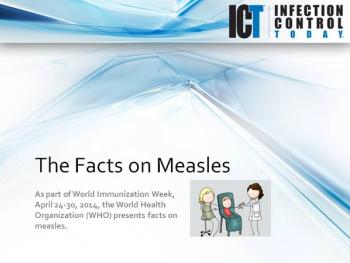
News

























As of April 20, 2014, the Ministry of Health (MOH) of Guinea has reported a cumulative total of 208 clinical cases of Ebola Virus Disease (EVD), including 136 deaths. To date, 169 patients have been tested for ebolavirus infection and 112 cases have been laboratory confirmed, including 69 deaths. In addition, 41 cases (34 deaths) meet the probable case definition for EVD and 55 cases (33 deaths) are classified as suspected cases. Twenty-five healthcare workers (HCWs) have been affected (18 confirmed), with 16 deaths (12 confirmed).

Will eating raw onions once a day for three days protect me from Ebola? Is it safe to eat mangoes? Is it true that a daily intake of condensed milk can prevent infection with Ebola? These are just some of the questions posed to the health workers responding round the clock to calls received through the free Ebola hotline. With so many Ebola deaths to date, fear has allowed the spread of rumors and misinformation.


